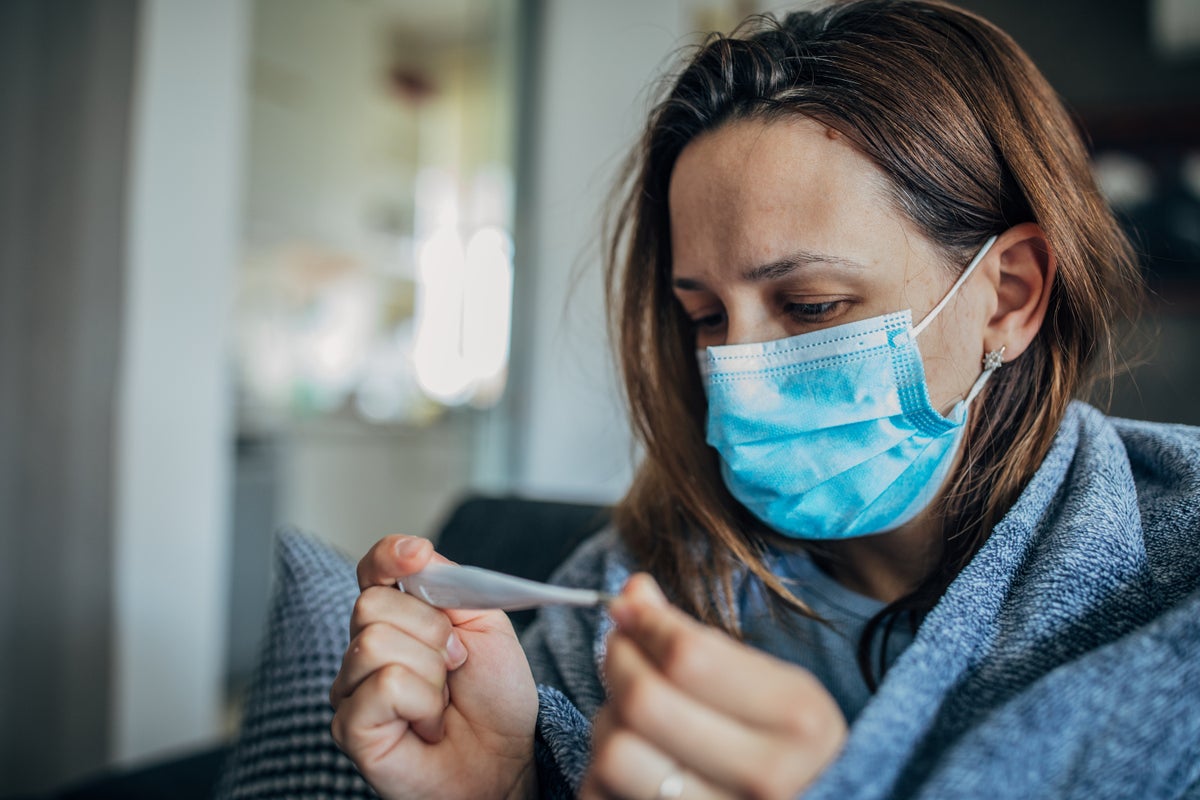GoofGoof
Premium Member
I think this is a pretty valid question. As was pointed out by a few other people nothing in life is without risk. Let’s lay out the risks related to getting infected with Covid vs the risk of getting the Covid vaccine.Why should someone who has next to no reason to worry about the vaccine not get it? We have had millions at this point fully vaccinated, even around the world. The data proves they work. At some point it's worth trusting the science, trusting the doctors, and trusting the people that are a lot smarter than the average human regarding this topic so we can get back to normal.
Short term risk:
- Covid infection: Death, hospitalization, loss of hours worked due to quarantine (up to 10-14 days or longer), potential that you infect others (not a personal health risk but you might feel guilty), feeling generally bad for several days to several weeks with potential flu like symptoms, loss of taste and smell, other unpleasant symptoms
- Covid vaccine: Allergic reaction (anaphylaxis) that in rare cases could result in hospitalization (mostly people with pre-existing conditions that make them susceptible to allergic reactions), flu like symptoms for a day or so that could be severe enough to miss a day at work, soar arm
- Covid infection: “long hauler“ symptoms (see the attached article for full description), possible organ damage to the brain, heart and lungs, blood clots, stroke, seizures, Guillain-Barr syndrome, issues with fatigue and mood. The really scary part is that these long term issues are found even in people who are young and healthy and people who have very mild cases of Covid. We are also just at the tip of the iceberg in studying the why of a lot of these things. Who knows what else might be discovered.
- Covid vaccine: so far no meaningful number of cases of Guillain-Barr syndrome from vaccination and allergic reactions and side effects are not long term. I have not found any evidence of potential long term issues with the vaccine outside of the generic “it was rushed” so it’s risky. I’m not saying there can’t be other long term impacts but I haven’t even seen a serious doctor or scientist express what they could be. Based on the fact that the vaccine is not in your system long term it seems highly unlikely that a symptom would lay dormant for years and then emerge. That’s just not how it works in the history of vaccines.
So to recap the actual short and long term risks of getting Covid are substantially higher than getting the vaccine. Nobody using any level of logic to analyze the data can draw any other conclusion. The only factor in favor of not getting the vaccine is that you are not guaranteed to get Covid if you don’t get the vaccine. So someone who choses to not get the vaccine can’t logically conclude that the vaccine is more risky than actually getting Covid they are just rolling the dice that their number isn’t going to get called. Life is full of choices and people are certainly free to roll those dice.

Long COVID questions and answers
COVID-19 can have lasting symptoms that affect many parts of the body. Learn more about the symptoms and effects of long COVID.



